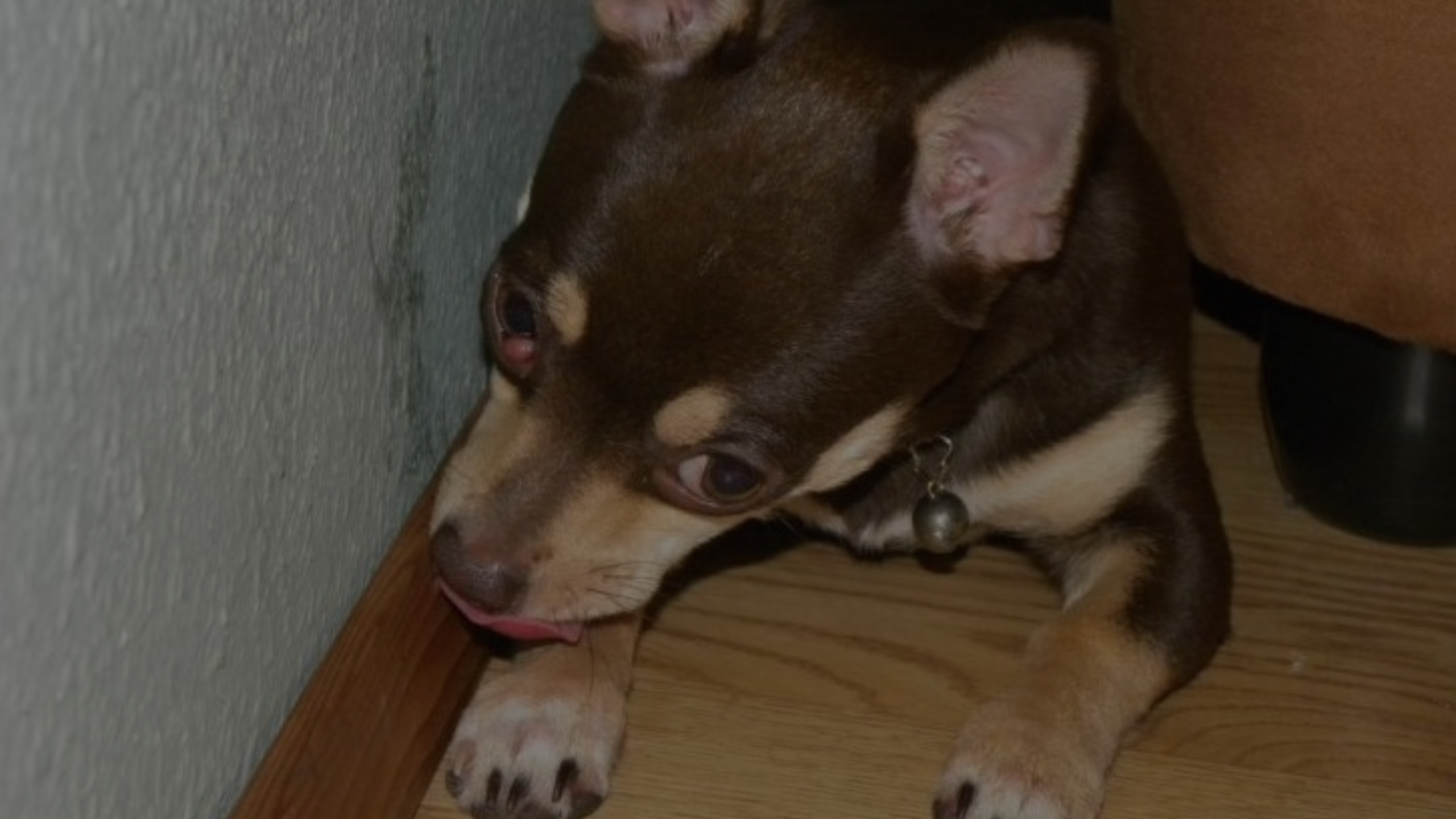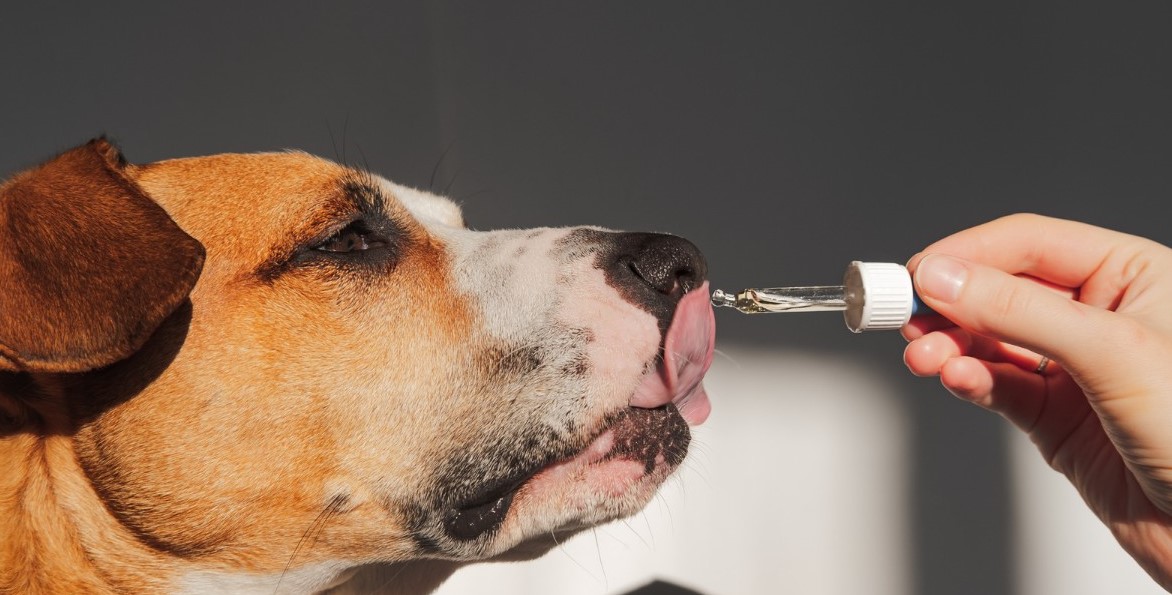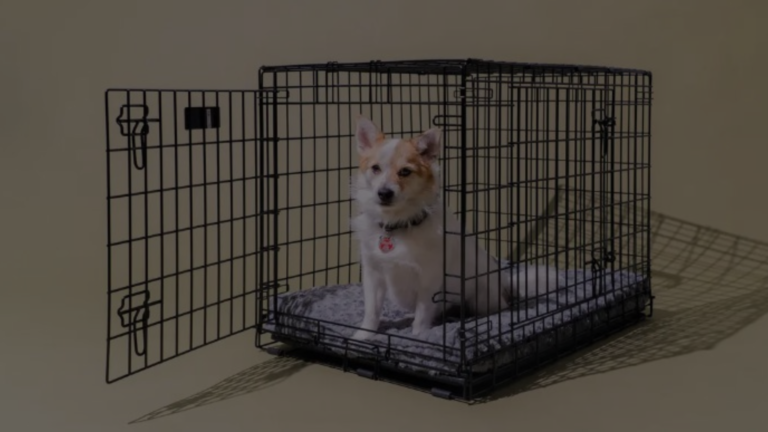If you’ve ever caught your dog licking the wall, you might wonder why does my dog lick the wall. This peculiar behavior can be quite perplexing, but fear not! In this comprehensive guide, we will explore the reasons behind this strange habit, how to address it, and provide valuable insights into your furry friend’s world.
Canine Curiosities: A Dog’s Fascination with Walls
Why Do Dogs Lick the Wall?
Dogs are known for their quirky behaviors, and wall-licking is no exception. This odd habit can have various underlying reasons. Let’s delve into some of the most common ones:
- Sensory Exploration: Dogs experience the world through their senses, and licking the wall may be their way of exploring new scents and tastes.
- Nutritional Deficiency: Sometimes, dogs lick walls due to a lack of essential nutrients in their diet. They might be trying to obtain minerals or vitamins they are missing.

Image Credit: Birnam Veterinary Clinic - Anxiety and Stress: Like humans, dogs can experience anxiety and stress. Wall-licking can be a coping mechanism, providing comfort during stressful situations.
- Boredom: Dogs need mental and physical stimulation. If they are not getting enough attention or activities, they might resort to wall-licking out of sheer boredom.
- Medical Issues: Dental problems or gastrointestinal discomfort can lead to wall-licking as a response to the discomfort they are feeling.
Addressing Your Dog’s Wall-Licking Habit
Understanding the reasons behind your dog’s behavior is the first step. Here are some tips to help address the issue:
- Consult a Veterinarian: If you suspect a medical issue, it’s crucial to consult your veterinarian to rule out any underlying health problems.
- Balanced Diet: Ensure your dog is getting a well-balanced diet. Consult with your veterinarian to determine if any dietary changes are needed.
- Mental and Physical Stimulation: Keep your dog mentally and physically engaged with toys, games, and regular walks. A tired dog is less likely to engage in wall-licking.
- Reduce Stress: Identify and address any stressors in your dog’s environment. Create a calm and safe space for your furry friend.
- Dental Care: Regular dental check-ups can help prevent discomfort caused by dental issues.
The Fascinating World of Canine Behavior
Canine Communication Through Licking
Dogs use licking as a form of communication. Understanding what your dog is trying to convey is essential to building a strong bond with your pet.
- Affection: Licking is often a sign of affection. Your dog may be showing you love and care through this behavior.
- Submission: Puppies often lick their mothers as a sign of submission. In adult dogs, it can signify respect for a dominant figure.
- Anxiety: Excessive licking can also be a sign of anxiety. If your dog licks excessively, it might be time to investigate the source of their stress.
Training and Positive Reinforcement
If your dog’s wall-licking is becoming problematic, training and positive reinforcement can be effective solutions.
- Redirect Attention: When you catch your dog licking the wall, gently redirect their attention to a toy or treat. This can help break the habit.
- Positive Rewards: Reward your dog for good behavior. When they refrain from wall-licking, offer treats or praise to reinforce their positive actions.
- Consistency: Be consistent in your training efforts. Dogs thrive on routine and clear boundaries.
Wall-licking and Other Unusual Canine Behaviors
Understanding the Uncommon
While wall-licking is peculiar, it’s not the only unusual behavior dogs may exhibit. Here are a few more:
- Tail Chasing: Dogs sometimes chase their tails out of boredom or for fun. However, excessive tail-chasing can indicate anxiety.
- Shadow Pouncing: Playfully pouncing on shadows can be an entertaining game for dogs. It’s harmless as long as it doesn’t become obsessive.
- Staring at Walls: Dogs may stare at walls due to a sudden noise or movement they hear behind them. It’s their way of investigating potential threats.

Image Credit: Quora - Grass Eating: Eating grass can help dogs induce vomiting if they have an upset stomach. It’s their natural way of seeking relief.
Conclusion
Understanding why your dog licks the wall is the first step to solving this behavior. By exploring their sensory world, ensuring a balanced diet, reducing stress, and using positive reinforcement, you can help your furry friend overcome this strange habit.
Resources & References
Here are some high-authority resources and references for further information on dog behavior:
- American Kennel Club: The AKC provides insights into various dog behaviors and training tips.
- PetMD: A reliable source for pet health and behavior information.
- Wikipedia – Dog Behavior: A comprehensive overview of canine behavior.
Now that you have a better understanding of why your dog licks the wall, it’s time to put this knowledge into practice and ensure a happy and healthy life for your furry companion.
Recommended Articles
Recommended Video
For a more in-depth understanding of why dogs exhibit unusual behaviors like wall licking, check out the following video titled “Why Does My Dog Keep on Licking the Wall?” This video provides expert insights and practical tips for dog owners:
FAQs – Why Does My Dog Lick the Wall
Why does my dog keep licking walls?
There are several reasons why a dog might lick walls, including boredom, anxiety, or medical conditions such as pica or Cushing’s disease.
Why do dogs lick drywall?
Dogs may lick drywall because they are bored, anxious, or have a medical condition such as pica.
Why does my dog scratch and lick the walls?
Dogs may scratch and lick the walls for several reasons, including boredom, anxiety, or to communicate with other dogs.
Why is my dog licking the surface so much?
Excessive licking can be a sign of boredom, anxiety, or a medical condition such as pica.
How do you treat pica in dogs?
Treatment for pica will depend on the underlying cause. In some cases, dietary changes may be sufficient. In other cases, medication or behavioral therapy may be necessary.
Why is my dog licking the corners of the house?
Dogs may lick the corners of the house for several reasons, including boredom, anxiety, or to investigate the environment.









